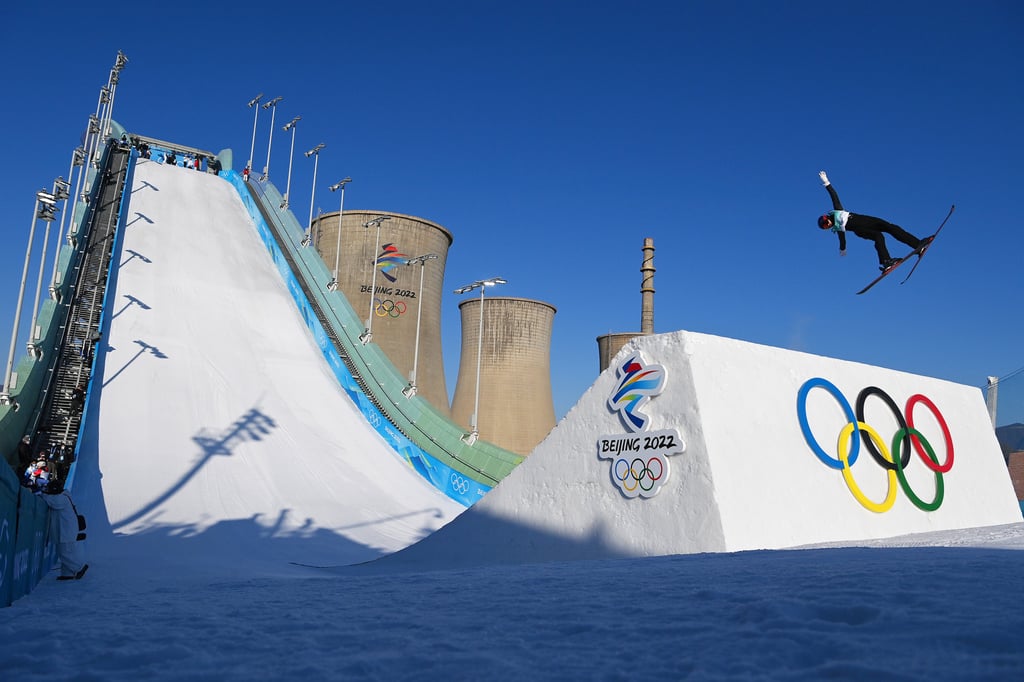Club Med owner bets on winter sports in China as skiing craze creates ‘severe shortage’

Fosun Tourism Group, the Chinese owner of the Club Med resort chain, is betting on winter sports facilities to tap people’s mounting zeal for skiing and skating even as tourists are spending less on food and hotels when visiting scenic spots.
Andrew Xu, co-president of Fosun Tourism, said top ski resorts and entertainment complexes are still in severe shortage in mainland China, where spending on winter sports soared tenfold to 150 billion yuan (US$21 billion) over the past four years.
“Tourist attractions featuring snow and ice will be our major growth engine,” Xu said during a results briefing in Shanghai on Friday. “Based on our analysis, the country has only 14 top-notch ski resorts with scale and quality, although the winter sports industry is growing fast.”
An asset-light strategy refers to a business model under which a company has only a small amount of fixed assets on its balance sheet. Club Med now operates three all-inclusive winter resorts in China.
Winter sports, still basking in the afterglow of Beijing’s successful hosting of the Winter Olympics in 2022, have become a bright spot in China’s travel industry, with the number of indoor ski resorts surging to more than 50 from just five in 2013, according to market research firm Daxue Consulting.
In 2020, about 150 million people took part in winter sports, with spending of less than 100 yuan per person.
Fosun Tourism opened its Taicang Alps Resort in East China’s Jiangsu province last November, which drew 290,000 visitors and 113 million yuan in sales in the first half of 2024.
In June, the company signed an agreement with the Taicang government for an expansion of the project, with the local authorities investing at least 5 billion yuan to build additional indoor ski slopes and entertainment facilities.

Xu’s remarks on driving winter sports business came after Fosun Tourism reported underlying profit of 311 million yuan for the first half of this year, up 20 per cent from the same period of 2023. Revenue increased 11 per cent year on year to 1.06 billion yuan.
The Taicang resort will compete against Wintastar, home to an indoor ski park and three hotels in the city’s Lingang free-trade zone. The snow-themed complex, developed by state-owned developers Lujiazui Group and Shanghai Harbour City Development, will begin taking visitors in September.
In early 2022, Sunac China launched its ski training brand, Bonski Sports, as the Chinese home builder sought to capitalise on the trend to shore up business at its 17 all-season ski resorts nationwide.
China’s tourism market has shown signs of abating as consumers tighten purse strings amid worries about job prospects and wages due to a slow economy.
Total domestic passenger volume during the Labour Day holiday from May 1 to 5 topped 272 million a day, 24 per cent higher than the same period in 2019, according to official data. But tourism spending during the five-day holiday increased 14 per cent from 2019.
The disparity between volume and spending shows that mainland tourists were spending less on average by opting for cheaper hotels and food, said Research firm Gavekal Dragonomics.
Source link



